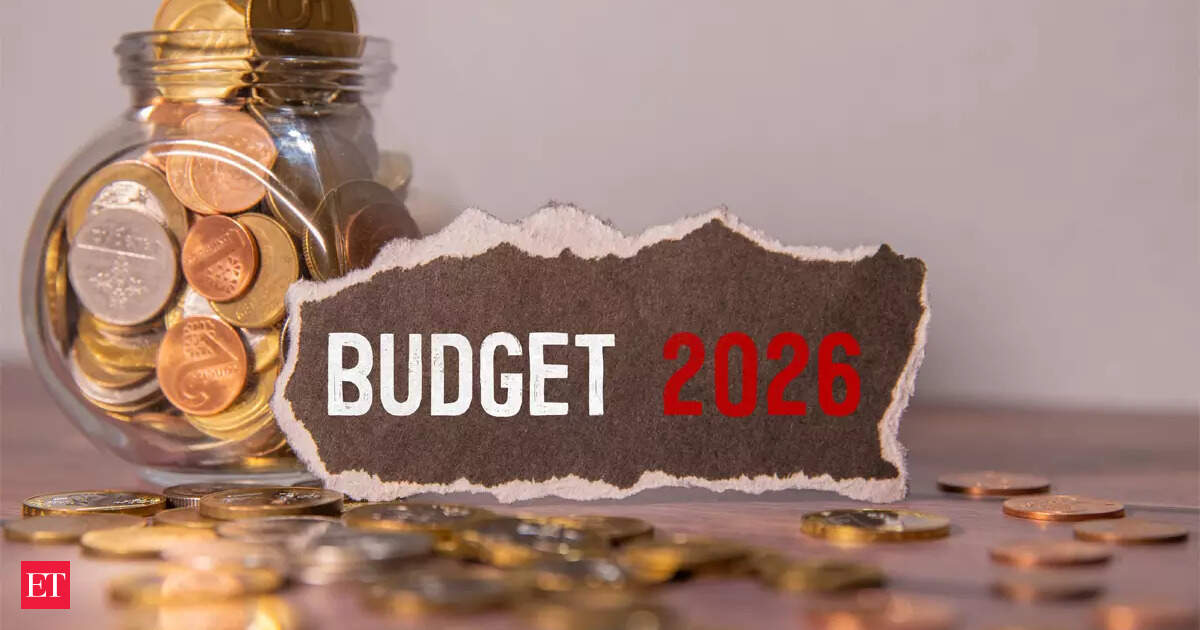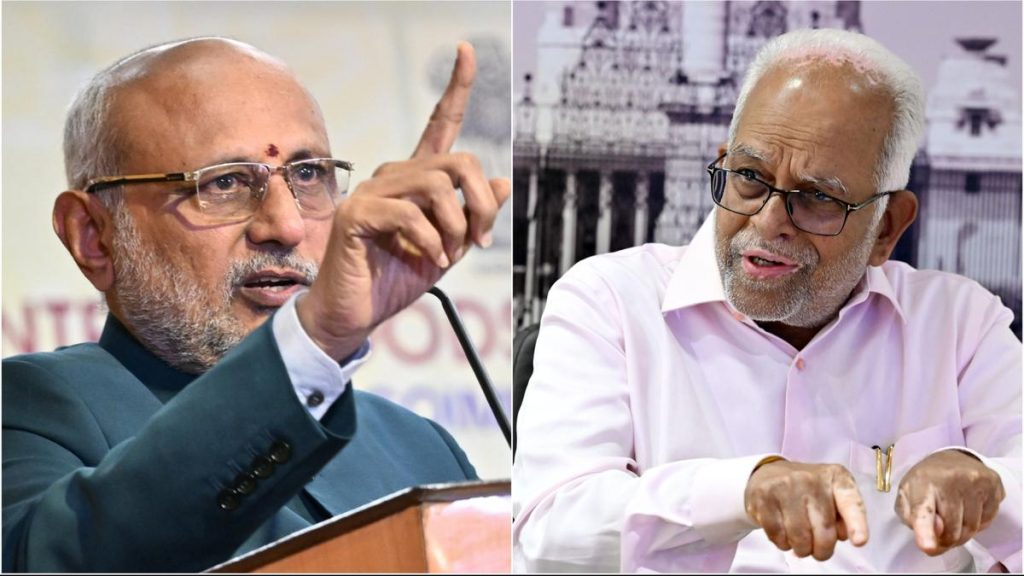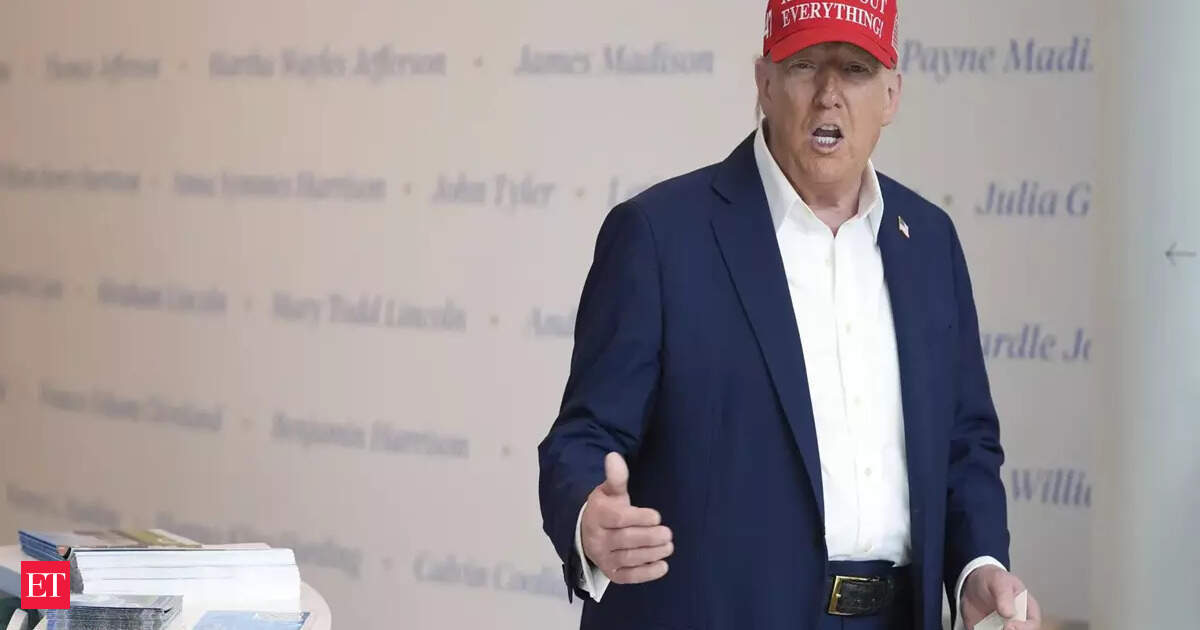Now Reading: Budget 2026-27 Preparations Begin October 9
-
01
Budget 2026-27 Preparations Begin October 9
Budget 2026-27 Preparations Begin October 9

Fast Summary
- The Finance Ministry of India will commence work on the Union Budget for the fiscal year 2026-27 starting October 9, as per a circular from the Department of Economic Affairs.
- The budget planning comes amidst external challenges,including a 50% US tariff on moast Indian goods and other global economic headwinds impacting growth and jobs.
- The government aims to address these challenges through next-generation reforms aimed at supporting exports, sustaining growth momentum, and boosting employment creation.
- Ministries have been instructed to make realistic expenditure estimations to avoid frequent mid-year re-appropriations or additional resource requirements during implementation.
- Fiscal planning for 2026-27 aligns with the start of the first year in the new cycle under India’s 16th Finance Commission. Transfer of liabilities between commission cycles requires specific approval.
Indian Opinion Analysis
The early commencement of preparations for India’s Union Budget signals proactive governance amidst rising external pressures on trade and economic performance. Notably, issues such as increased US tariffs could further challenge export-dependent sectors critical to India’s industrial output and job market stability.
The emphasis on “realistic projections” suggests tighter fiscal discipline while trying to balance development goals with external risks. Moreover, aligning expenditures seamlessly within a new Finance Commission cycle implies efforts aimed at long-term fiscal sustainability rather than ad-hoc solutions.
This budget preparation may represent an opportunity for india to reinforce its position by implementing transformative policies that support domestic industry competitiveness in global markets while navigating geopolitical uncertainties effectively.
























